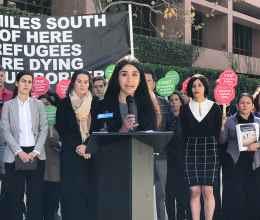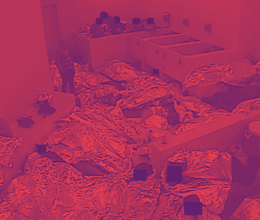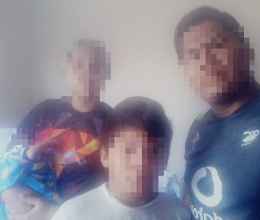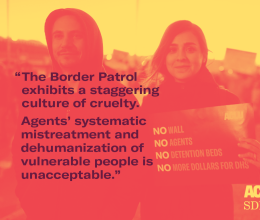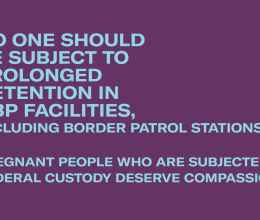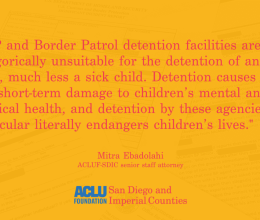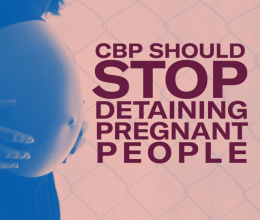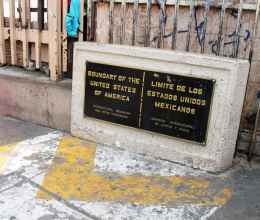This is a First Amendment case brought against the U.S. Department of Homeland Security (DHS), U.S. Customs and Border Protection (CBP), and certain named Border Patrol agents for their interference with the Plaintiffs’ right to protest, observe, and record law enforcement activity at the U.S. Border Patrol’s interior checkpoint on Arivaca Road near the Arizona-Mexico border. Although CBP claimed that this checkpoint was temporary, it had been in continuous existence from 2007. Many Arivaca residents had to drive through the checkpoint every day to reach jobs, schools, and shops.
Plaintiffs are members of a community organization called People Helping People (PHP), which organized a “checkpoint monitoring campaign” in response to public complaints that Border Patrol agents were violating individuals’ civil rights at the checkpoint. A number of these incidents were detailed in an administrative complaint filed with DHS Office of Inspector General and DHS Office of Civil Rights and Civil Liberties.
As part of the checkpoint monitoring campaign, community volunteers stood on a public right-of-way adjacent to the Arivaca Road checkpoint and took notes, photographs, and video recordings of Border Patrol agents’ conduct at the checkpoint. Other individuals, also standing on the public right of way, held up signs protesting the checkpoint. Soon after the volunteers began their monitoring activity, Border Patrol agents, with the assistance of local law enforcement, ordered the monitors to move to a spot much farther away from the checkpoint and forbade the monitors from entering the area immediately surrounding the checkpoint. The agents eventually cordoned off this area, calling it “the enforcement zone.” From outside the enforcement zone, however, it was virtually impossible for the monitors to observe agents’ conduct at the checkpoint.
Plaintiffs brought this suit, alleging that Defendants interfered with their First Amendment right to protest, observe, and record law enforcement activity at the checkpoint. They sought an injunction that would prevent Border Patrol agents from restricting their monitoring activity on the public right of way near the Arivaca Checkpoint.
In January 2015, Plaintiffs moved for a preliminary injunction. After oral arguments in April, the court denied Plaintiffs’ motion in September 2015. Defendants then moved to dismiss or, in the alternative, for summary judgment. In September 2016, the presiding magistrate judge granted Defendants’ motion and entered judgment against the Plaintiffs, holding that the Arivaca Checkpoint was a nonpublic forum and that the restriction placed on Plaintiffs’ speech was a valid “time, place, and manner restriction.”
Plaintiffs appealed in November 2016. Briefing was completed in August 2017 and oral argument held in December 2017, in San Francisco.
On February 13, 2018, the Ninth Circuit vacated the district court’s grant of summary judgment to Defendants, concluding that the limited record before the district court did not permit it to conclude that the enforcement zone was a nonpublic forum or, even if it was, whether the government satisfied the requirements for excluding Plaintiffs from that nonpublic forum. The Ninth Circuit then remanded the case to allow discovery to proceed.
On June 14, 2021, the parties filed a joint stipulation to dismiss the case with prejudice. The case is now closed. At the end of July 2021, the Arivaca Checkpoint was dismantled.
For more information, including key court filings, please visit: https://holdcbpaccountable.org/2015/03/04/jacobson-et-al-v-dhs-et-al/


